People
Faculty
Nicholas Bradley, Associate Professor, Department of English
My research and teaching ask how poetry and other literary forms represent the environment and embody ecological thought. I am especially interested in literary-environmental traditions as they converge in the Pacific Northwest and bear upon climate concerns.
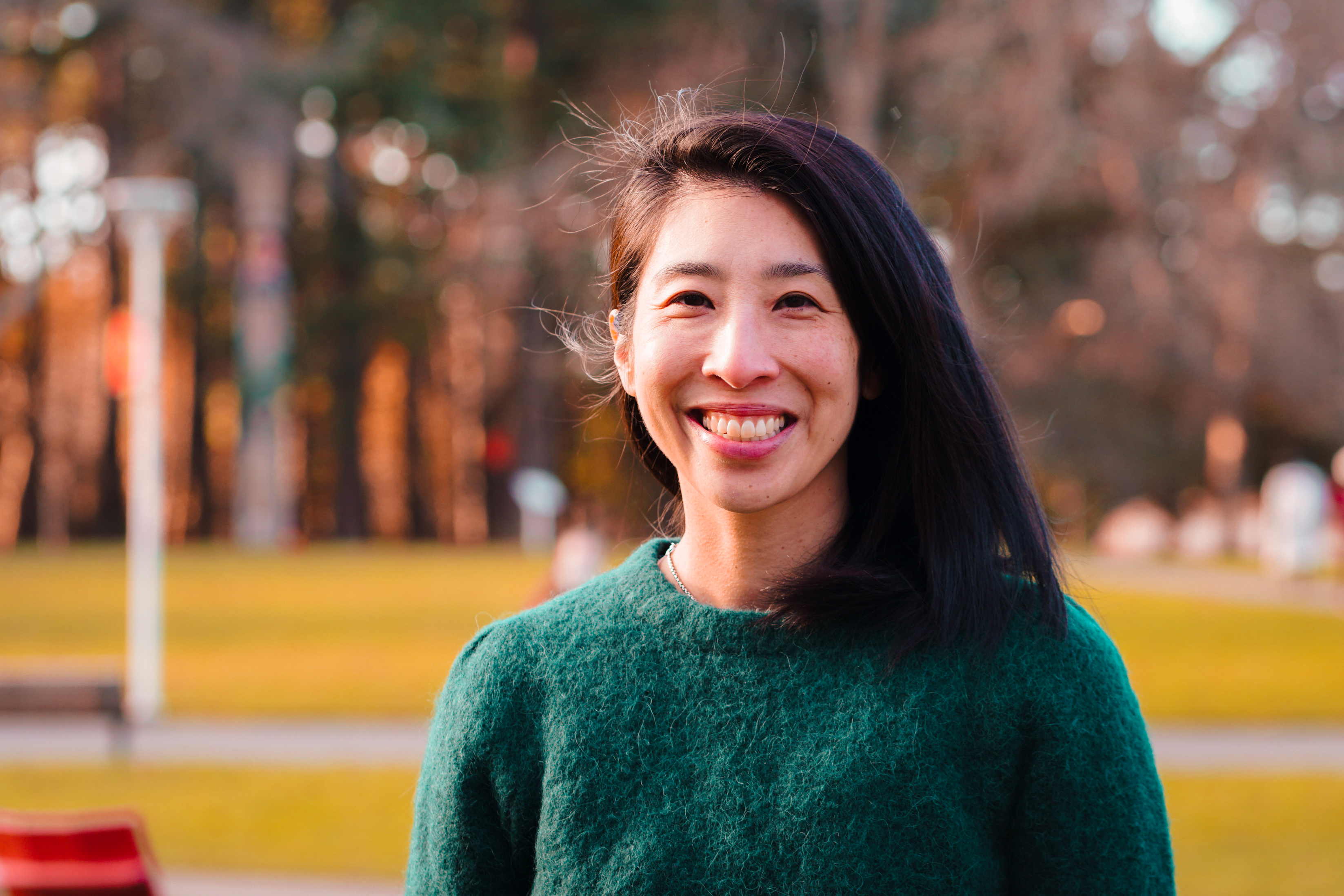 Angie Chau, Assistant Professor, Pacific and Asian Studies / CAPI
Angie Chau, Assistant Professor, Pacific and Asian Studies / CAPI
I’m interested in environmental media studies more broadly, with particular attention to storytelling about the environment in Chinese-language film and science fiction.
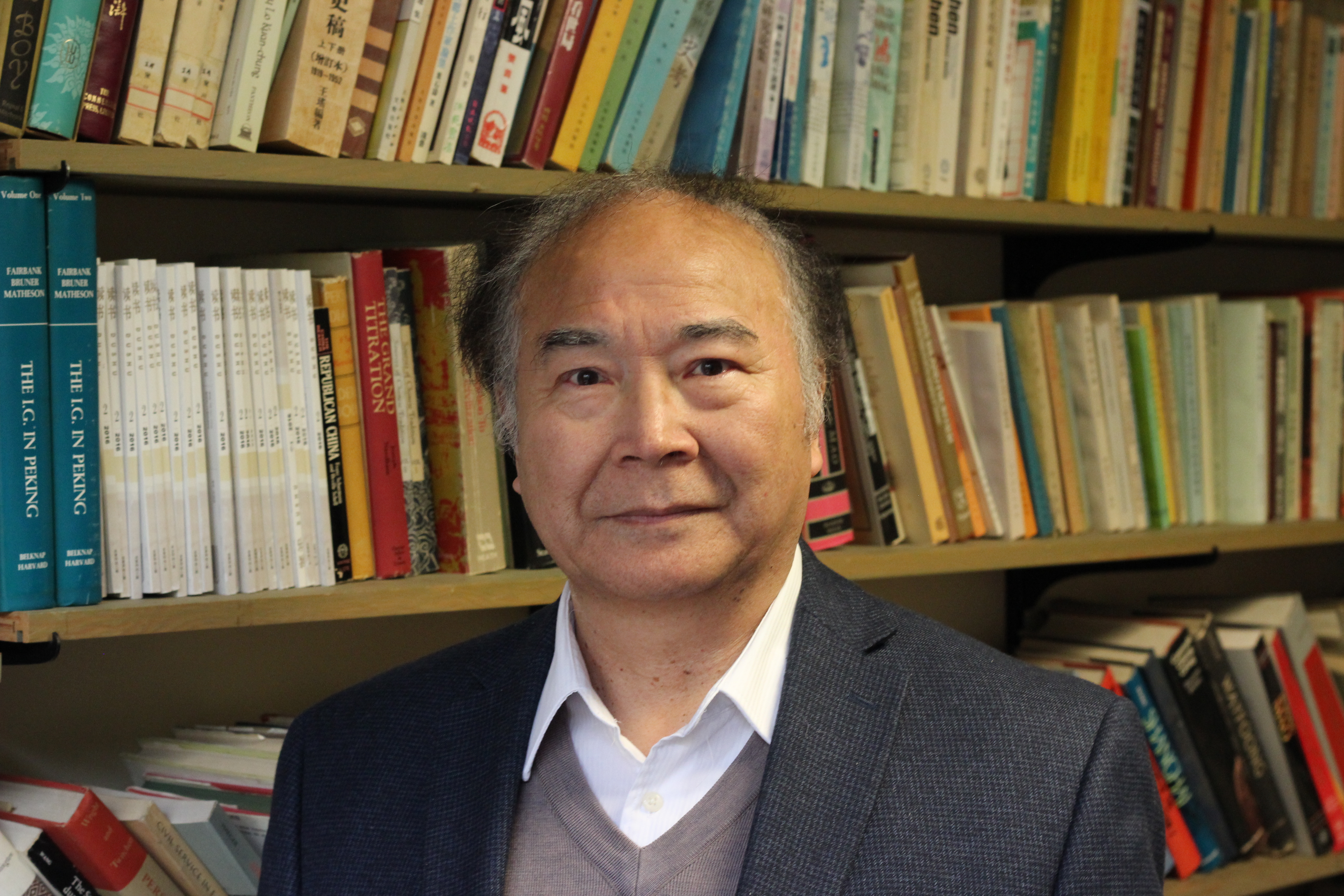 Zhongping Chen, Professor, Department of History
Zhongping Chen, Professor, Department of History
I have a major research interest in combining economic and ecological approaches to historical studies of the Yangzi Delta, the economic heartland of late imperial China during the Little Ice Age.
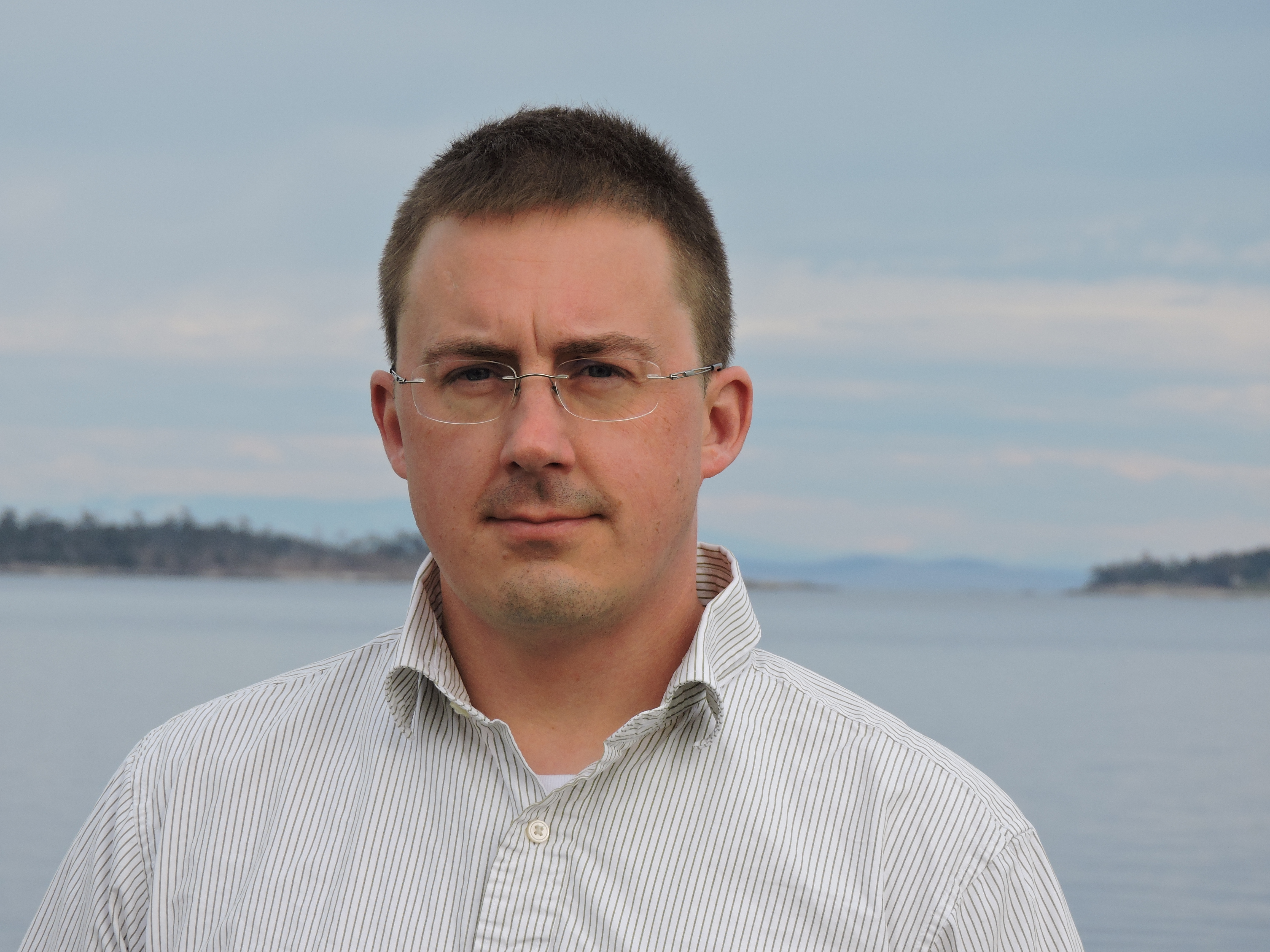 Jason Colby, Professor of Environmental and International History, History
Jason Colby, Professor of Environmental and International History, History
My research explores the historical interaction between humans and marine life, particularly whales, on the Pacific Coast. My current project, on the history and future of gray whales and people intersects with the impact of climate change of ocean ecosystems.
Peter Dietsch, Professor, Philosophy
Several of my research projects focus on the intersection of climate ethics and economic ethics, including topics such as green central banking, financial regulation and the green transition, and carbon taxation.
Erin Ellerbeck, Associate Professor, English
Erin Ellerbeck specializes in early modern literature, particularly drama. Her recent research interests include the porous boundaries between humans, plants, and animals in Shakespeare’s plays, as well as the history of horticulture (particularly grafting and coppicing).
Sara Harvey, Associate Professor, French and Francophone Studies
Ecodramaturgy (16è-18è centuries); history, politics, and philosophy of life forms in the arts (16th-21st centuries); Nature and environment in French-speaking culture (teaching)
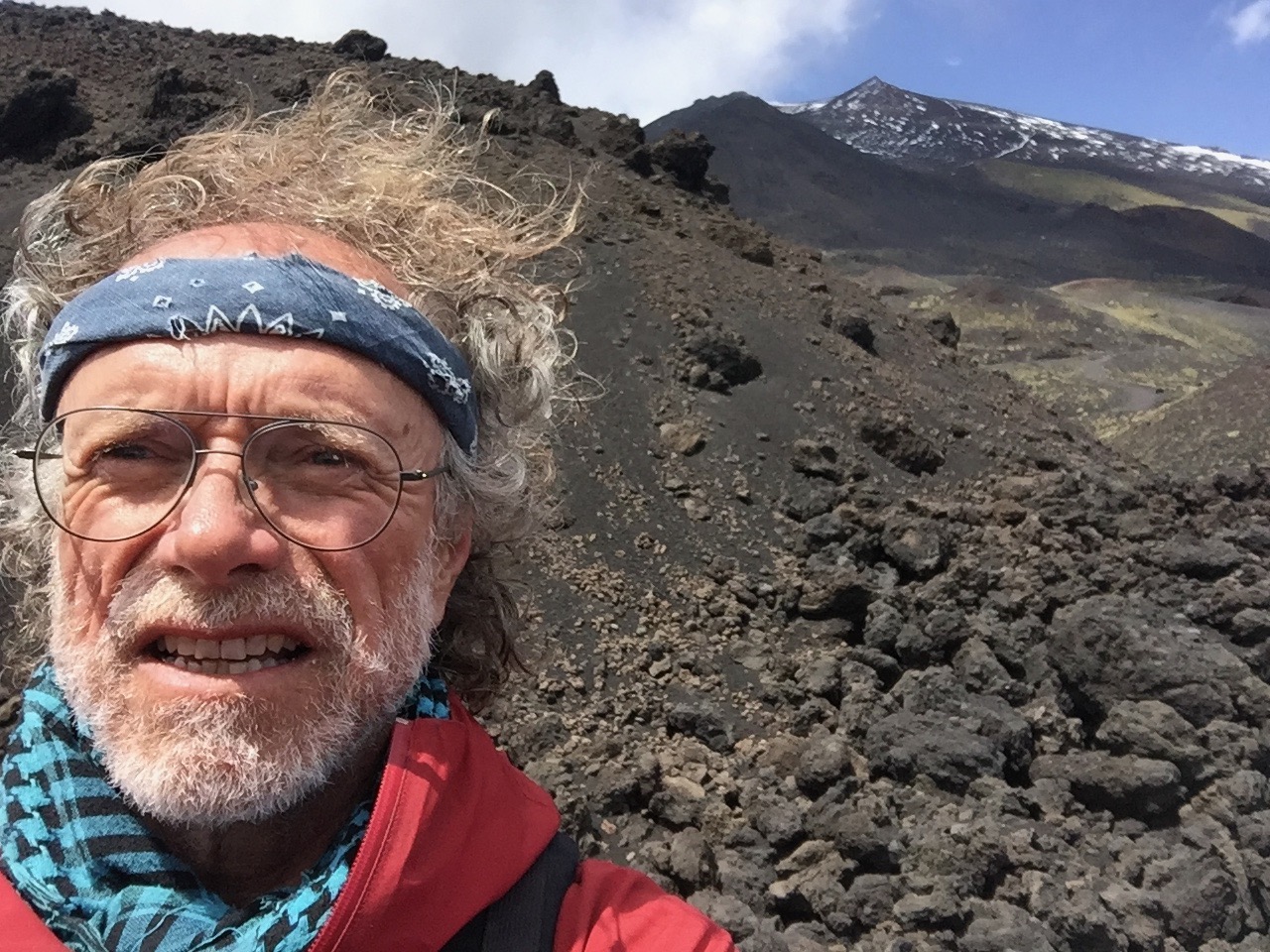 Thomas Heyd, Associate Fellow, Centre for Global Studies; Adjunct in Environmental Studies
Thomas Heyd, Associate Fellow, Centre for Global Studies; Adjunct in Environmental Studies
Born in Germany, he grew up in Spain, studied in Canada, Germany and Spain. He has undergraduate degrees in Psychology and Business Administration, an MA and a PhD in Philosophy. He has taught Environmental Philosophy, Environmental Aesthetics and Environmental Ethics. He is author of Encountering Nature: Toward an Environmental Culture (Ashgate, 2007), and editor of Recognizing the Autonomy of Nature (CUP, 2005). He was initiator and co-organiser of Living and Learning with Climate Change Learning Series (2023-2024); Living with Climate Change Learning Series (2022); initiator and organiser of the Colloquium and Exhibition Bauhaus, Design and the Livable Anthropocene (2021); and organiser of the Colloquium Facing the Anthropocene with Alexander von Humboldt’s Views of Nature (2019).
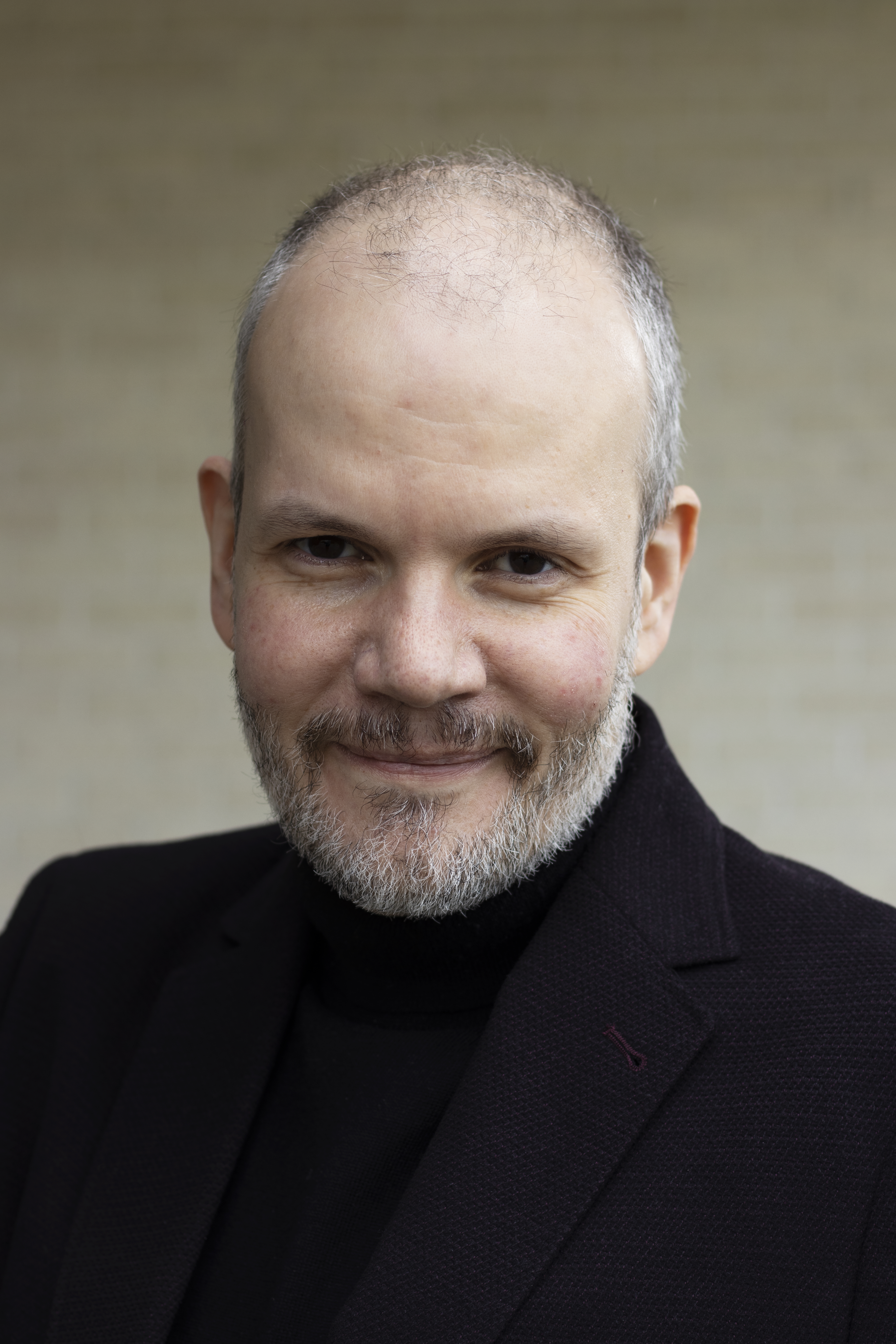 Sean Holman, Associate Professor, Department of Writing
Sean Holman, Associate Professor, Department of Writing
Sean Holman is the Wayne Crookes Professor in Environmental and Climate Journalism and the founding director of the Climate Disaster Project, an award-winning international teaching newsroom that works with climate-impacted communities to document and investigate their experiences using trauma-informed techniques. A decorated reporter and documentary filmmaker, Holman’s research seeks to understand the place of journalism in a warmer, more traumatic, and less democratic world.
 Janelle Jenstad, Professor, Department of English / Humanities Computing and Media Centre
Janelle Jenstad, Professor, Department of English / Humanities Computing and Media Centre
I am interested in urbanization and rivers in early modern England, minimalist computing, and sustainable digital projects.
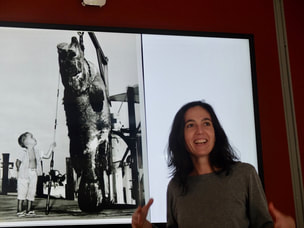 Loren McClenachan, Associate Professor, Department of History and School of Environmental Studies
Loren McClenachan, Associate Professor, Department of History and School of Environmental Studies
My work in ocean history and sustainability includes a focus on climate history, impacts, and adaptation in fishing dependent communities.
Kim McLean-Fiander, Associate Teaching Professor (English), Department of English
My first-year literature courses typically address social justice issues through an intersectional lens on topics like the environment, Indigenous lives, immigrant experience, race, class, gender, and sexuality.
Mark Nugent, Associate Teaching Professor, Greek and Roman Studies
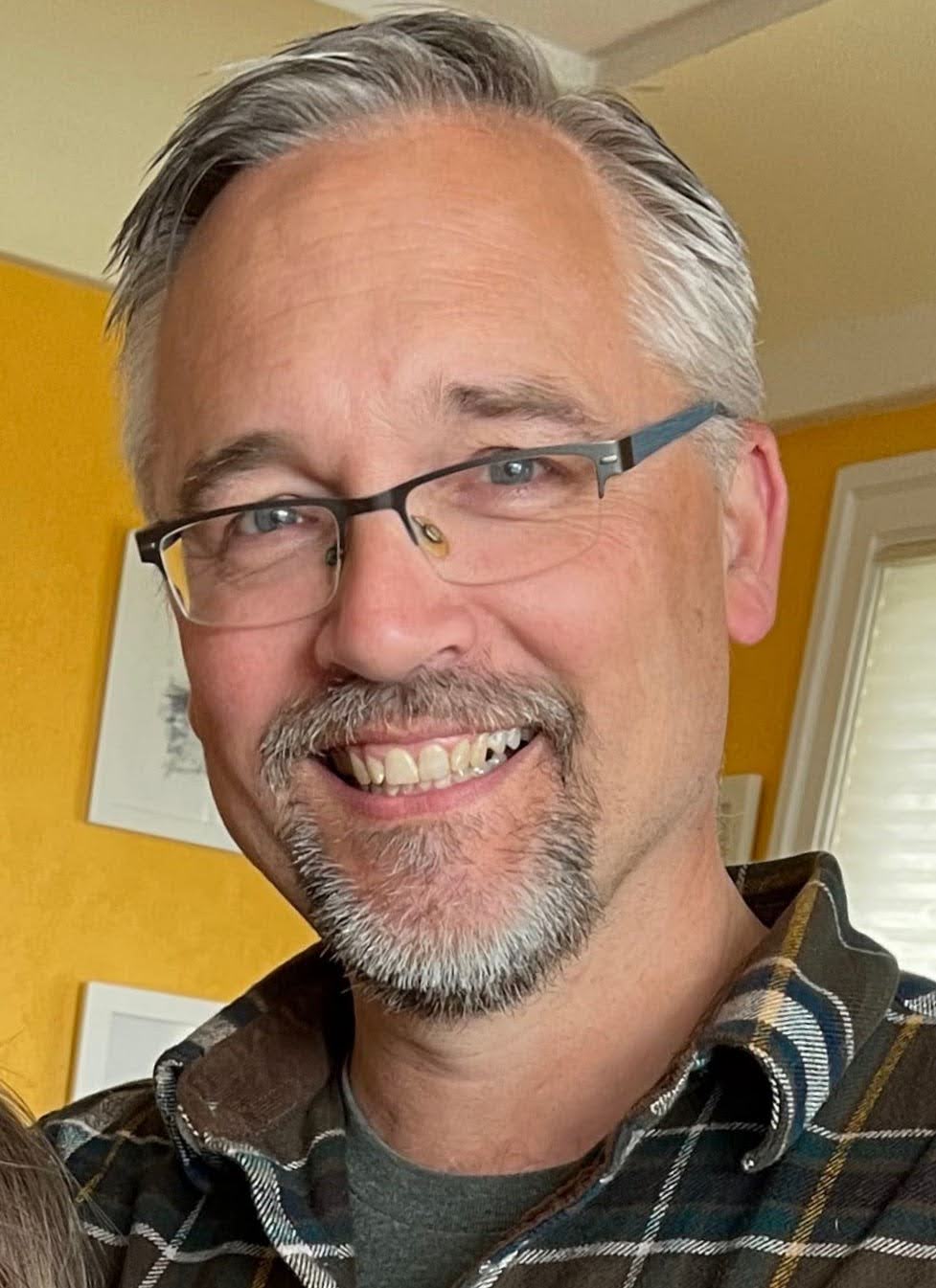 Richard Pickard, Assistant Teaching Professor, English
Richard Pickard, Assistant Teaching Professor, English
Climate change isn’t just a technical issue but also a cultural one. The Environmental Humanities provide new cultural perspectives that can help us build a sustainable future.
 Stephen Ross, Professor, English and Cultural, Social, and Political Thought
Stephen Ross, Professor, English and Cultural, Social, and Political Thought
I’m interested in optimism, hope, and transformative narratives. Our stories shape our futures, and shifting climate change discourse away from pessimism will enable creative thinking.
Staff
Marta Wojnarowicz, Assistant to the Chair, Pacific and Asian Studies
LinkedIn Profile
I would love to see and be a part of the change towards an eco-friendly, green, and energy-efficient campus with a significant positive impact on local communities, Indigenous people, and beyond-human beings.
Illya Nokhrin
Illya Nokhrin is a programmer/consultant at the Humanities Computing and Media Centre at the University of Victoria.